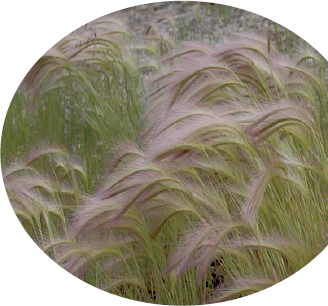Chapter 5. Adding Dark Shadows and Sparkling Highlights
In This Chapter
Discovering tonality
Making the easy Auto repairs
Making adjustments with Levels and Curves
Using advanced tonality correction
It's the difference between an Ansel Adams print and the snapshot of your grandfather as a boy. It's the difference between high-definition TV and the local public access channel's broadcast. It's the difference between a Ferrari and a minivan. It's that thing — that special something — that tells you that you're seeing the real deal, the genuine article, all that it can be. And it's something that you can do for your images.
When an image really pops — when it jumps off the page at you — it's generally because the shadows are dark, the highlights are light, and the colors are rich. I'm sure it's no surprise to you that Photoshop can handle the job. (That's one of the reasons why you bought the program, right?)
In this chapter, I introduce you to the concept of tonality, which is the range of brightness in your image. I also introduce to you the various commands that Photoshop offers for you to adjust your image's tonality. A couple of tools even give you pinpoint control of shadows and highlights. And along the way, I offer you a look at the Histogram palette — what it tells you, what it doesn't tell you, and how to use it best.

Adjusting Tonality to Make Your Images Pop
Most photos look better ...
Get Photoshop® CS3 for Dummies® now with the O’Reilly learning platform.
O’Reilly members experience books, live events, courses curated by job role, and more from O’Reilly and nearly 200 top publishers.

